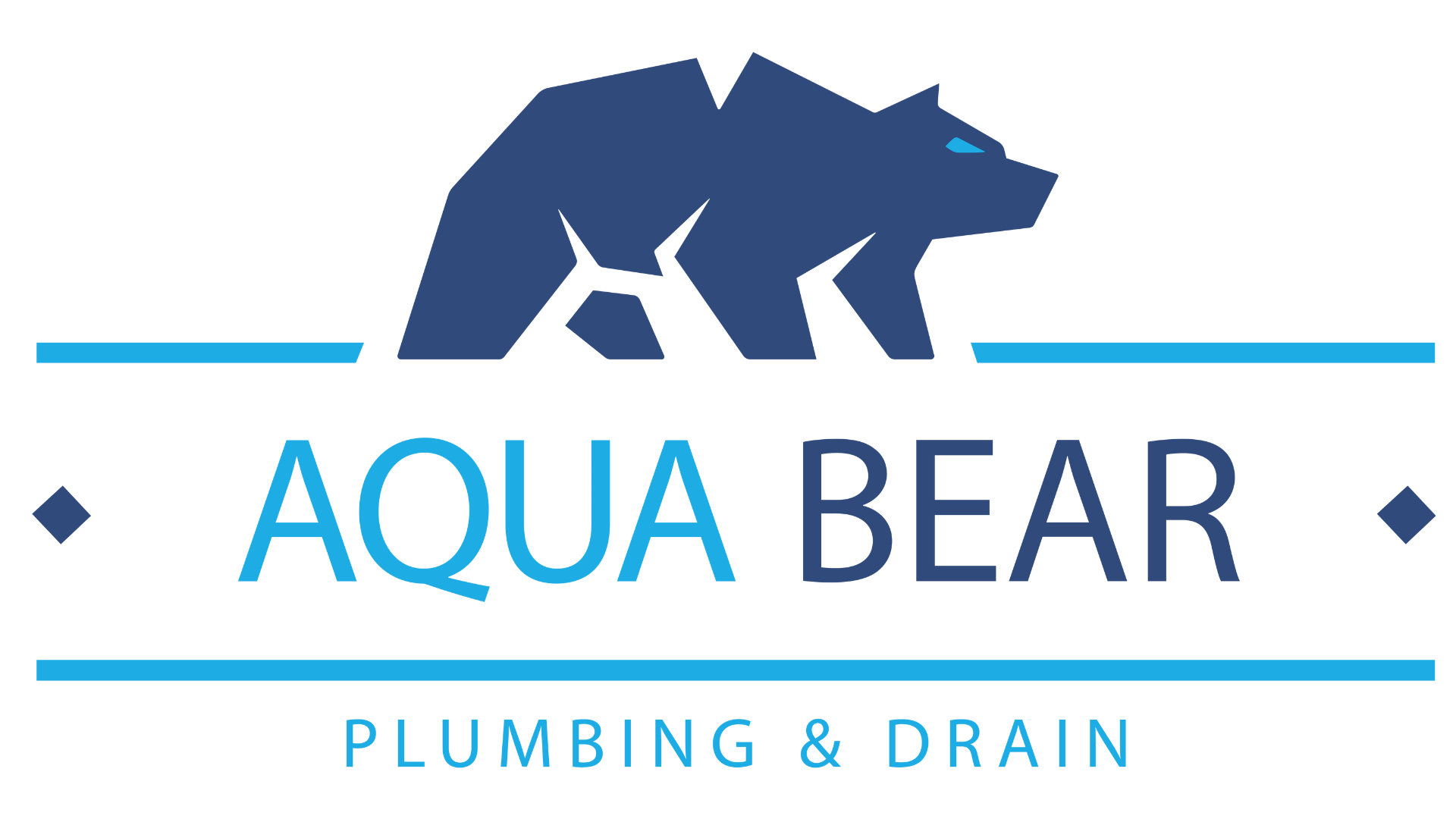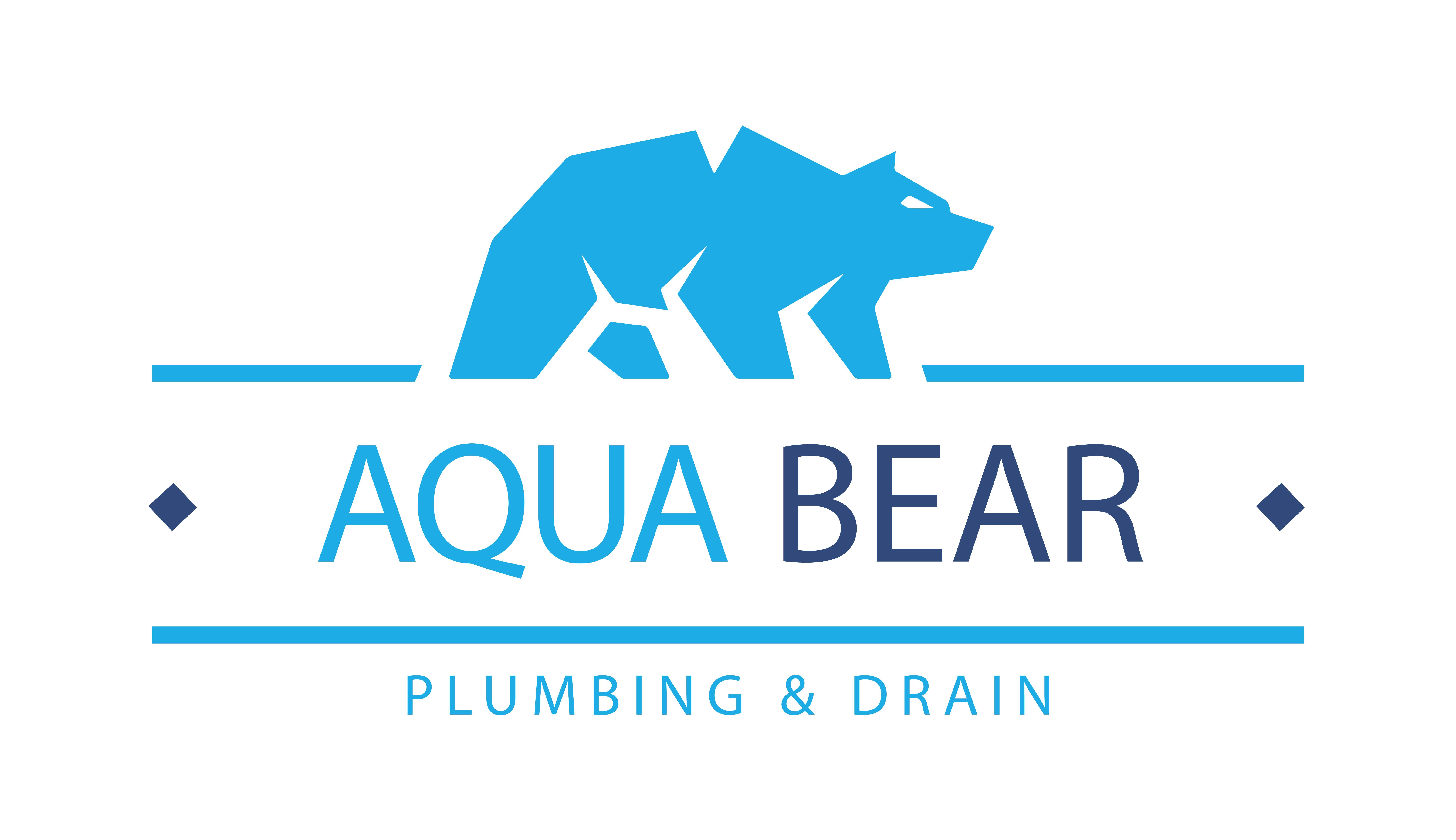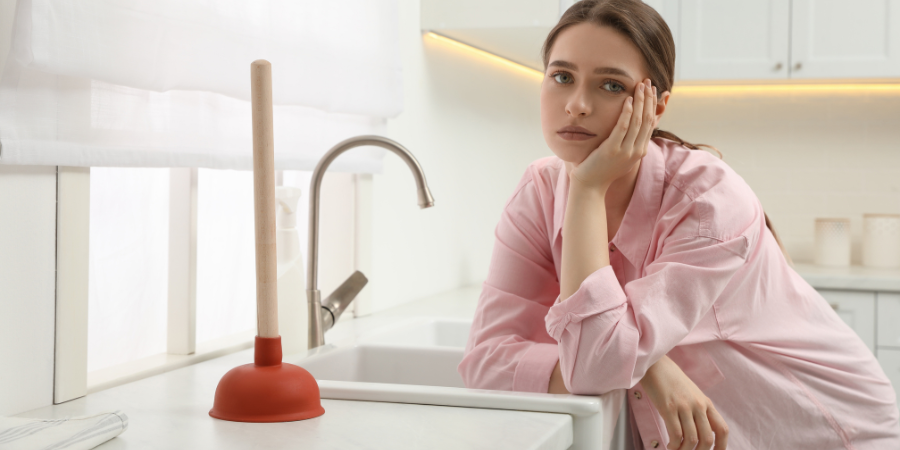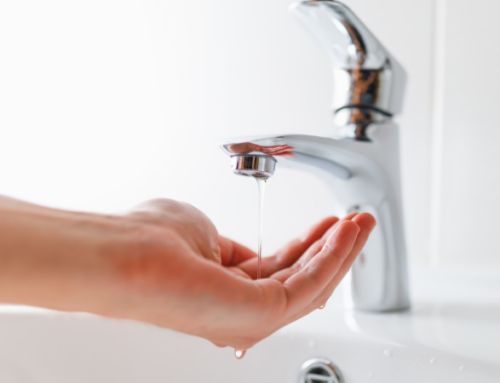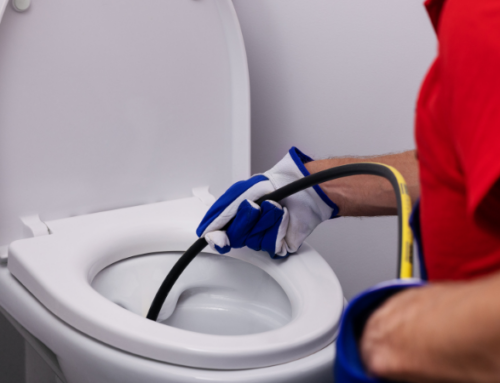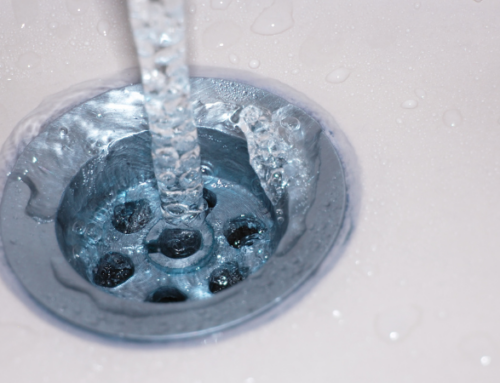Clog Formation
What exactly is a clog? A combination of organic and inorganic materials causes clogs that form in indoor drains. Some clogs form immediately from disposed waste blocking the pipe completely, while others take time to accumulate slowly.
Organic Materials
Organic clogging materials include items that break down or are considered biodegradable. They include food waste, bath salts, oily bath products, and errant hair follicles.
Organic products that should never be disposed of in a kitchen drain include grease and oils, fibrous food such as celery stalks, scraps high in starch content, coffee grounds, egg shells, and food waste high in fats.
In the bathroom, human hair follicles are the leading organic clogging materials. These easily fit through drain openings and combine with oily products such as fragrant bath bombs to form clogs in the drainpipe.
Inorganic Materials
Flushable wipes, feminine hygiene products, condoms, dental floss, and cotton balls are only a few of the items routinely disposed of in toilet drains. These items cause clogged pipes, which could easily have been avoided had a trash receptacle been used instead.
Other inorganic materials that lead to clogged pipes occur from the pipe material itself. Metal pipes are prone to corrosion, where the minerals in the water cause the pipe’s interior surface to deteriorate. As corrosion takes over, the pipe lining narrows, reducing the passage of waste. It also creates a rough interior, which then attracts passing waste particles and promotes clogs.
Issues Clogs Create
When a drain pipe clogs and wastewater cannot be removed, it can create confusion and frustration for homeowners. A clogged pipe can also lead to more serious and costly issues and can even affect the health of its inhabitants.
Leaks
As waste materials and corrosive particles block the drain, the pressure inside the pipe increases. This places a strain on pipe interiors, causing them to thin and pipe joints to loosen and leak.
Burst Pipes
In older homes with aging plumbing, a clog can produce enough pressure that the pipe wall will burst. This is a true plumbing emergency, especially if it should occur while the inhabitants are out of town since the flooding from a burst pipe can ruin a home within minutes.
Structural Damage
The building materials surrounding the pipe will quickly absorb the wastewater leak created by a clogged drain pipe. The insulation, wall studs, and floor joists act like sponges and soak up the wastewater, visually suppressing the leak. If the leak is slow, the damage it creates can be significant as wooden structures begin to weaken and rot.
Mold And Mildew
A leaking drain can contribute to mold, mildew, and rot. The areas behind walls and floors are poorly ventilated and dark, creating the ideal conditions for mold and mildew to grow.
Mold is a serious problem for homeowners, often requiring costly professional removal to prevent airborne spores from infecting family members. Mold can lead to respiratory illnesses and other long-term health risks.
Frequent Repairs
A clogged drain creates all of the conditions above, and each one requires the help of a professional. Leaking plumbing, mold growth, and structural damage are costly and may require specialized equipment and expertise to remedy. Often, these issues lead to the premature replacement of plumbing pipes and fixtures, further straining a homeowner’s budget.
Signs Of A Clogged Drain
Some signs of a clog are apparent, while others can be subtle or thought to be the result of another plumbing problem and, therefore, missed. Here, we will explain the most common signs of a clogged drain pipe.
Slow-To-Empty Drains
A clogged drain restricts the flow of wastewater, causing the sink or tub to drain slowly. While this can be annoying, it can also be the beginning of one of the more serious issues already discussed. If a drain refuses to empty, avoid the temptation to clear the blockage with a commercial chemical drain cleaner. The chemicals in these products will damage the drainpipe interior, and the fumes can be toxic.
Foul Odors
If wastewater is prevented from exiting the drain, the result is drains that smell. Decomposing food waste or the contents of a toilet bowl will be trapped in the pipe, emitting an odor that is an effective warning that something is not right. Never ignore a smelly drain that remains following normal cleaning practices.
Gurgling Drains
When wastewater exits a fixture, it should flow effortlessly to the sewer line using gravity force along with fresh air provided by the ventilation system. If the drain is obstructed or the vent is blocked, the waste cannot flow freely and will often create a gurgling noise inside the drain pipe. If gurgling drains are accompanied by a foul odor or slow-to-empty drains, a clogged pipe should be suspected.
Backups
When a single drain is blocked, the problem is considered relatively minor. However, when a main drain is severely clogged deep within the plumbing system, it can affect every fixture and appliance in a home. As wastewater flows downward and has no means of escape, the sewage-laced water can reverse direction and back up into sink and tub drains, creating a memorable and unsanitary event.
Prevention
After learning about poor disposal habits and corrosion and how they negatively affect drain pipes, we thought you would also like to learn how to prevent clogs. With common sense and by partnering with a professional plumber, your chances of experiencing a clog or the resulting problems can be significantly minimized.
Improve Disposal Methods
No suggestion is more important than this one. It is imperative you learn and practice proper waste disposal and keep items never intended to go down the drain out of the drain. Be sure to inform all family members of these new habits, and do not forget to include educating your guests.
Place a trash can next to the toilet to encourage good disposal habits. Only human waste and toilet paper should be flushed. Cover all drain openings with strainers or hair catchers to keep excessive amounts of waste or hair from entering the drain. Refrain from using bath bombs and oily bath products, and select drain-safe cleaning products to maintain bath drains.
Installing a garbage disposal and using it appropriately can reduce drain clogs. The disposal impellers pulverize food waste to an almost liquid state, allowing it to exit the drainpipe more easily.
Install A Water Softener
Pipe corrosion is made worse when the home has hard water, which is water rich in minerals like calcium and magnesium. A water softener can be installed to reduce the effects of hard water on pipe interiors. This easy-to-maintain appliance removes or isolates hard water minerals, leaving behind softened water that is kinder to pipes.
Yearly Plumbing Inspections
Because the drainage system in a home is mostly hidden, it is impossible to rely on a visual inspection alone. Engaging a professional plumber to conduct a plumbing inspection ensures that even the deepest recesses of your drainage system are being monitored.
A video camera inspection can aid in locating minor plumbing problems and help devise a thoughtful solution. Additionally, regular drain cleaning can be provided to prevent waste materials from accumulating and creating clogs.
A professional inspection is also helpful in determining when a drainage system is nearing its intended lifespan and letting a homeowner know when it needs to be repiped to avoid costly repairs and potential health risks.
Looking For A Professional Plumber To Maintain Your Drainage System To Avoid Clogs?
We offer outstanding plumbing services, including plumbing inspections, drain cleaning, and drainage system monitoring, to our many valued customers. We are licensed and insured and have years of experience helping homeowners maintain, repair, and, when needed, replace their drain pipes to ensure the comfort and safety of their homes and families.
Call us to begin a partnership based on honesty, respect, and fairness. Allow us to provide the plumbing expertise to ensure your drains are clog-free and you enjoy the peace of mind every homeowner seeks!
